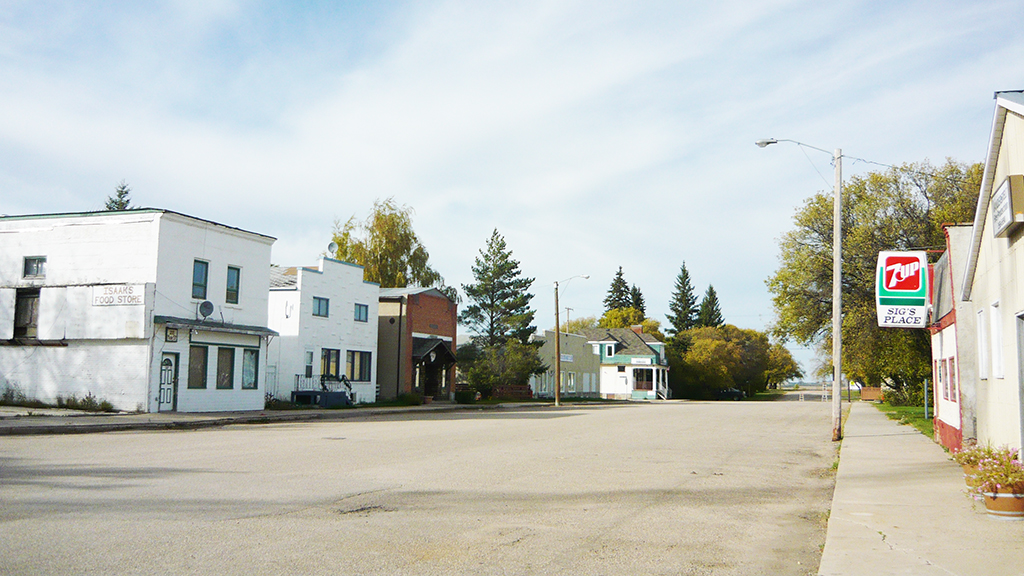Canadian youth must be properly educated on how racism persists in Canada
 Supplied - Canadian2006
Supplied - Canadian2006You can’t you blame a toddler for sticking a fork in a wall socket. I’d say it’s the parent’s job to teach children things like this because young children don’t know any better. But imagine a world where parents are utterly oblivious to the idea that if one manages to force a metal object into a wall socket, they’ll be electrocuted and probably die. Hold this thought.
My family is as Caucasian as one gets. Both sets of my great-grandparents settled in rural Saskatchewan, farmed and their children moved to small towns. My parents, as well as my uncles and aunts, are from a small, rural town in Saskatchewan. I lived in one (Vonda, population 325) for 14 years before moving to Alberta.
Last Christmas, a few family members were chatting around a table. My uncle walked up, and as a means of inviting himself into the conversation, randomly blurted out an extraordinarily racist comment. The younger family members all looked at each other, while the older ones simply ignored him. My uncle shrugged and walked away, chewing on his toothpick.
As far as many white people from these upbringings are concerned, racism is a misunderstood, utterly alien concept. In my experience, the overwhelming majority of people in small rural towns are white and general attitudes are dominated by a severe snow-blindness. Being racist is something you laugh about in the bar or at the gas station, like mocking the Oilers. At the very least, most people know that racial slurs are wrong, but it makes little sense why racism would be a major theme in a university course.
Racism is also reinforced in many aspects of small-town life. We played hockey on a reserve a few times every year, and in the dressing room, kids would compete to be the most offensive. The coach would say that if we used any racial slurs during the game, we’d be thrown out. Us white kids felt a horrible injustice: why do we get thrown out if we call them a racial slur when they can call us anything they want to?
This is an example of white privilege. White people can get away with being completely oblivious to systemic racism and still function and prosper in society, then act hostile toward the term “white privilege” because of their work schedules or because their grandfathers busted their ass working the land (never mind how they got it in the first place).
So, can we blame the toddler? To an extent. If they insist on sticking the fork in the socket after being repeatedly told not to, they intentionally refuse to listen and they’ll get what they deserve.
But if parents don’t have a clear idea of racism themselves, which often is the case in these small towns, the school system is responsible for teaching what racism is and how it continues. How well is it doing?
I can only speak from experience, but learning about racism in the early 2000s was simply not a priority like math and science in rural Saskatchewan or Alberta schools. We hardly looked at racial assumptions, history, colonial logic and a law system that continues to benefit white people to this day. You can’t just watch Mississippi Burning without teaching these concepts and expect students to learn anything more than “don’t use slurs” and “racism happened in the ‘60s.”
I’m not exactly sure how these changes can be made, but I know where to start. To be aware of racism (we’re not even close to doing anything about it yet), I suggest works such as the brown-eye blue-eye test by Jane Elliot or Black Skin, White Masks by Frantz Fanon. These will surely shock uninformed white people out of their snow-blind fantasies.
There is an argument that says a student’s cultural attitude ultimately prevails. I think this is defeatist. Ongoing, systemic racism must be presented as irrefutable to properly educate Canadian youth on how it continues and persists to this day.





We definitely seem to have a mythology in Canada that racism doesn’t happen up here, that it’s something that exists only in the American deep south, that we aren’t guilty because we didn’t have slavery, etc.; but you only have to look at the treatment of indigenous people up here to see that we really do have a deep, thoroughly-ingrained, sickening problem with racism. Not only against our indigenous people, either–though the problem as it impacts them is especially egregious.
CKUA in solidarity with CJSR has recently been presenting an audio documentary, True Contact Voices, which documents some of the systemic injustices against our indigenous communities–readers who are interested in expanding their empathy should check it out at http://www.truecontactvoices.com.